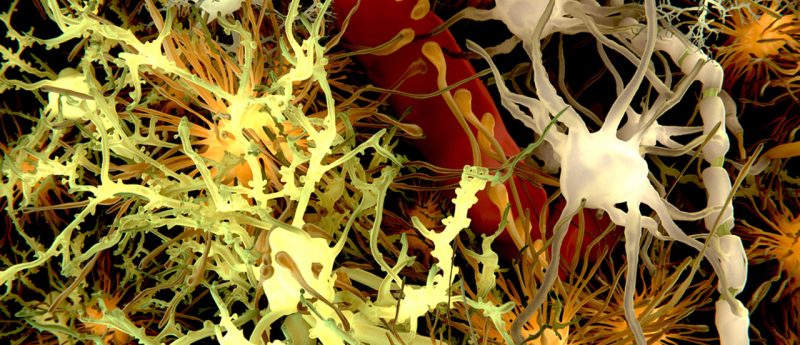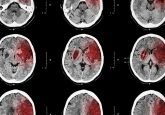MicroRNAs may hold key to early diagnosis in Huntington’s disease

Researchers from Boston University School of Medicine (MA, USA), have identified a novel indicator molecule that may be utilized as a biomarker for Huntington’s disease (HD) in individuals who are carriers but not yet sufferers. The team examined cerebrospinal fluid from 30 individuals who were carriers of the mutated huntingtin gene but not yet exhibiting symptoms. Previous studies have suggested that disease-specific forms of microRNAs (miRNAs) can be detected in the cerebrospinal fluid of Parkinson’s and Alzheimer’s disease patients, hence the team sought to address the question of whether these molecules may hold answers relevant to HD diagnosis. The researchers...





